
Nick Ferrari 7am - 10am
8 September 2022, 12:54
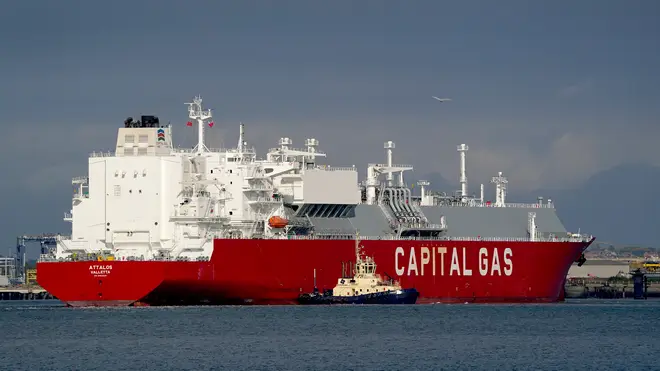
Prime Minister Liz Truss announced a major new package to help households and businesses with their energy bills.
Prime Minister Liz Truss has announced a major new package to help households with their energy bills during a massive crisis caused by runaway gas prices.
But how will the multibillion-pound package be paid for, will businesses be helped, and can the lifting of the fracking ban, which was announced today, help bring down bills?
– How much will I be paying now?
Like always, it depends on how much gas and electricity you use. The average household in Great Britain will pay around £2,500 per year for their bills under the new scheme.
But from the start of October each household will also get £400 of support, as announced in May. So after considering the cash grant, for the first year the average bill will be £2,100, rising to £2,500 from October 2023.
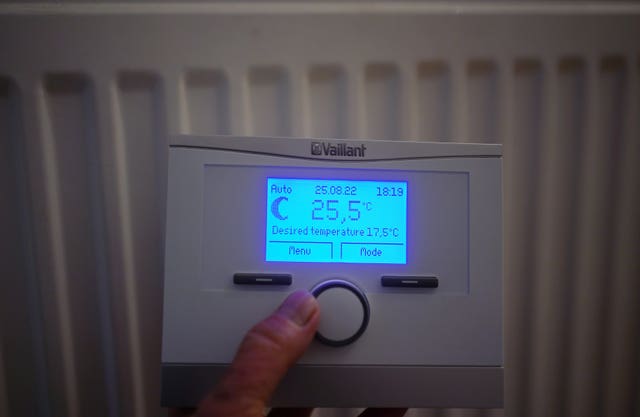
It is still more than double what households were paying a year ago.
– Does this intervention apply to all businesses too?
No. But the Government has promised to support businesses in some other way. Details are scarce at the moment.
It says that for six months businesses, charities and public sector organisations such as schools will be given “equivalent support as is being provided for customers”.
After this six months the Government plans to lift general support for all non-domestic energy users, but continue to support “vulnerable industries”.
– How is this being funded?
The Government will borrow billions from global markets to fund this deal. It did not immediately reveal how much it expects this programme to cost.
However it is likely to dwarf the furlough scheme, and could be the most costly programme in peacetime, running into tens of billions, and according to some reports even £150 billion.
– Who does the Government borrow so much money from?
Governments borrow money from a lot of different places – they never just take out one big loan like a household would. Instead they sell bonds – a form of IOU.
If you want you can lend money to the Government – if you buy Premium Bonds or Green Bonds, this is exactly what you are doing.
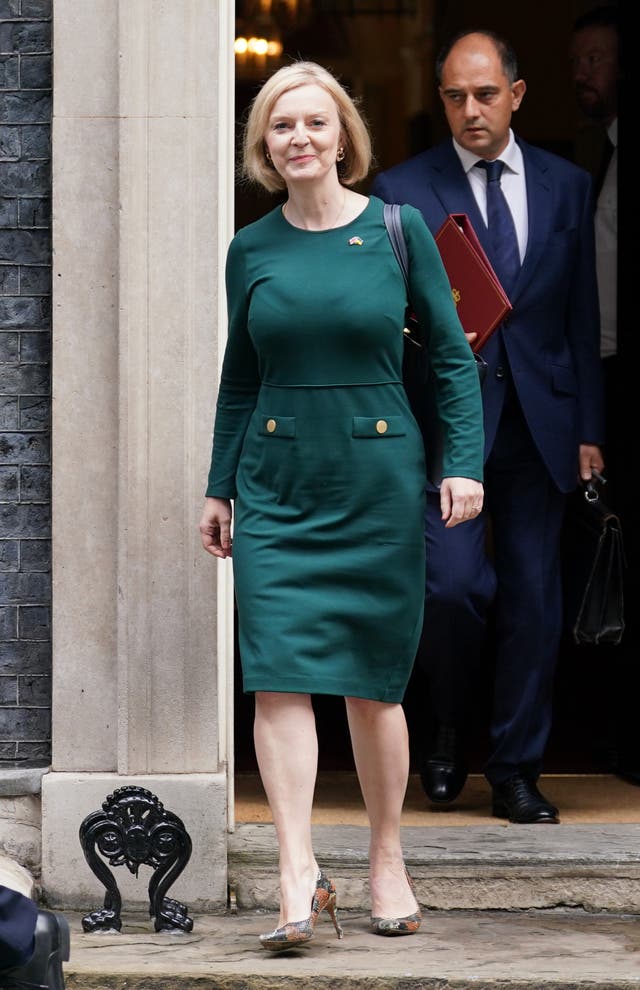
But most government bonds are not bought by private individuals. The bonds – or gilts as they are known – are often bought by pension funds, banks and investment companies from around the world.
The Bank of England also sometimes buys gilts, but it is currently offloading some of them.
– Will I end up paying for all the borrowing in the longer term?
The people the Government has borrowed from will of course at some point want their money back.
And the main way that the Government can raise money to pay them back is through tax.
But the benefit of this is that the tax burden is shared in a fairer way than energy bills, where those who can afford it pay more, and businesses also chip in.
– Why is there not a windfall tax for energy suppliers?
Because they are not getting windfall profits. Suppliers do not make their own gas, they buy it from the wholesale market, and at the moment that is very expensive for them.
In fact the new promise from the Government means that your energy supplier will buy gas at really high prices and then sell it to you a lot cheaper. The Government will then pay the supplier for the difference.
However in May the Government did introduce a windfall tax on oil and gas companies who extract the energy from the North Sea.
Some nuclear power plants and wind farms are also making windfall profits at the moment because of the high electricity price. There have been calls for an extra tax on these companies.
But the Government instead seems to be exploring other ways of ensuring these companies do not get overpaid for their products.
– How much more oil and gas is there in the North Sea?
There is still a fair amount of oil and gas left in the UK’s North Sea. But it is more about squeezing out the last remaining liquids from the ground than finding big new reserves.
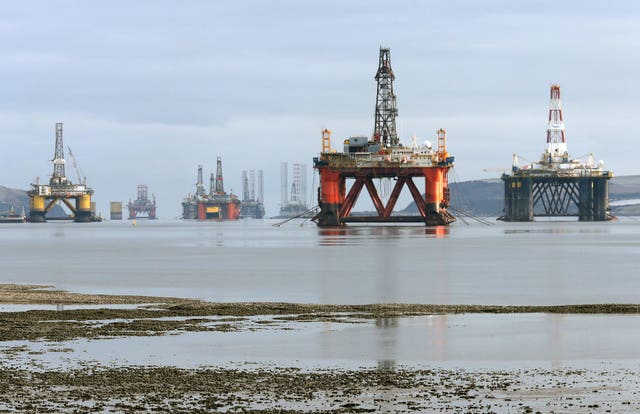
At the end of 2020 the Oil & Gas Authority (which has since rebranded to the North Sea Transition Authority) said it believes there are 4.4 billion barrels of oil equivalent of “proven and probable” reserves left. About 30% of these barrels are gas, and 70% are oil.
Offshore Energies UK, the trade body for the oil and gas companies, believes there are 15 billion barrels of oil there, enough to power the UK for 30 years.
However, how much of this is economically worthwhile digging up is a different question. Many big oil companies have been leaving the North Sea in recent years because they do not see a future there.
There are also questions on whether the UK should be exploring more oil and gas while it is trying to cut carbon emissions.
– What difference can fracking make?
It is widely recognised, including by the new Chancellor Kwasi Kwarteng, that fracking for shale gas will make no meaningful difference to UK consumer energy prices.
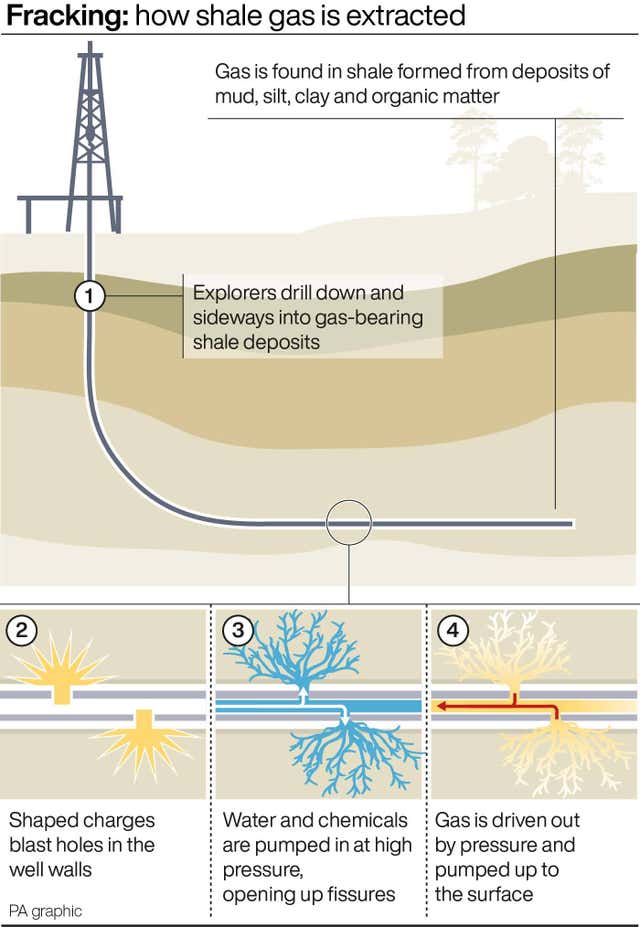
That is because UK energy prices are driven by international gas prices and even if fracking was pursued at scale – which even with the lifting of the ban remains an uncertain prospect – UK reserves of shale gas are too small to bring down those global prices.
The gas that could be fracked in the UK would also be owned by the companies that fracked it. These companies would sell it to the highest bidder.